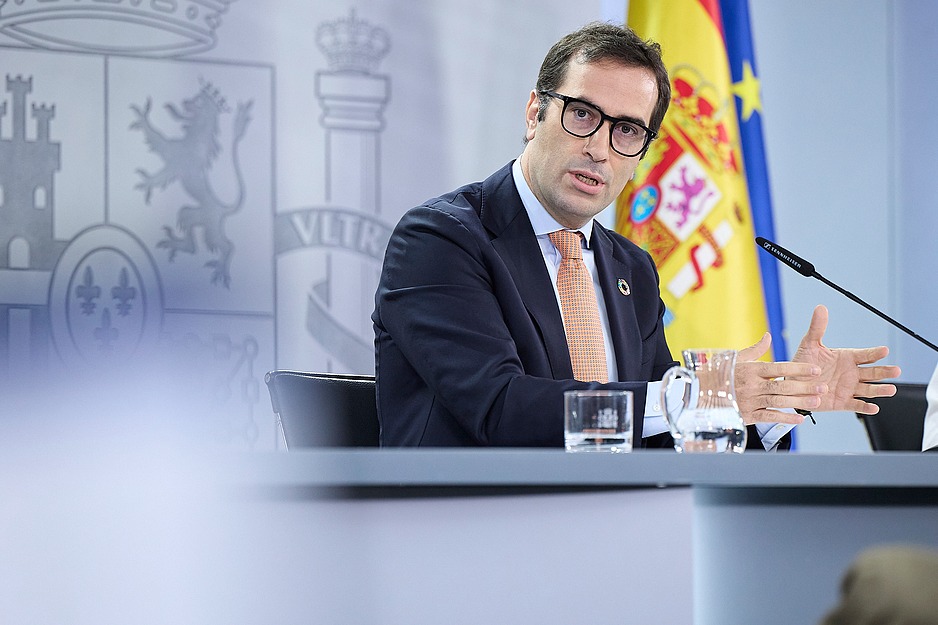China always eager to extend hand of friendship


The images remain unforgettable: Early this month, China celebrated the defeat of the Japanese aggression and fascism that had haunted the Chinese, marking the 80th anniversary of the victory in the Chinese People's War of Resistance Against Japanese Aggression (1931-45) and the World Anti-Fascist War.
But the military parade in Beijing also served as a reminder that China would never again fall victim to the horrors of invasion, but would continue to build its future on parallel necessities: peace and strength.
Connected to the ideas of peace and strength, just two days before the parade and during the "Shanghai Cooperation Organization Plus" Meeting in Tianjin, President Xi Jinping introduced the Global Governance Initiative, the latest in a series of critical global initiatives that he has proposed.
In it, the president called upon all nations to consider peace and promote peaceful coexistence, recognize the sovereignty of all nations, abide by international law, respect multilateralism, place the people of the world at the center of all actions, and focus on building a strong future for all of mankind.
He reminded everyone that echoes of the World War II era are again being heard, as some nations embrace a Cold War mentality, hegemony and protectionism, seeing them as tools of a demonstration of political fortitude.
However, they are destructive forces that corrupt inside and outside a nation's borders.
President Xi made clear that in light of these problems, the need for robust global governance is imperative, and this demands forward-thinking leaders who want the best for humanity and who embrace a cooperation-oriented attitude.
It is a call that leaders of nations big and small ought to study.
And that brings us to an event held last Monday at the United Nations. The program, "Vision China: 80th Anniversary of the United Nations, Standing United: Inheriting the UN Legacy, Advancing Global Governance", highlighted the legacy of World War II, served as a reminder of the importance of keeping multilateralism and retaining peace in the 21st century, and celebrated the critical role that China and the United Nations play as a force for good on the global stage.
Some of the presenters talked about the vital cooperation between China and the United States during the horrible war; those addresses encouraged people to remember how shared memory can assist in creating a community with a shared future for humanity.
We must not forget the critical role that China played in tipping the war against fascism and Japanese aggression.
Remember, Chinese forces, including those that would later be pivotal in establishing the People's Republic of China in 1949, kept large numbers of Japanese forces bogged down inside China throughout the late 1930s and into the 1940s. Unable to bring China to its knees, Japan could not risk sending its men and materiel elsewhere.
The tenacity of the Chinese in not collapsing under the weight of the Japanese onslaught and in giving Allied forces critical space to fight elsewhere deserves a more prominent place in the Western narrative of how the war was fought and won.
Likewise, the tenacity that China has demonstrated since the end of the war in being a proponent for peace cannot be pushed to the sidelines. It is true that China has not started any military conflict over the past 80 years, but that fact is one small piece of a large mosaic that highlights China's commitment to global stability.
One statement perhaps best exemplifies China's position: Diplomacy and dialogue trump war and weapons.
On the diplomatic front, China received applause from multiple quarters last year after bringing together more than one dozen Palestinian factions and guiding them toward a declaration endorsing unity. Furthermore, in 2023, China was at the forefront in getting a peace deal involving Iran and Saudi Arabia across the finish line. Let's not mince words here: Any success that reduces tensions in the Middle East is a victory for the entire world.
Meanwhile, China's previously proposed global initiatives — the Global Development Initiative, Global Security Initiative and Global Civilization Initiative — highlight the need to make the world a safer place by advocating peaceful approaches to conflict, bringing all nations to the table when discussing economic growth, and remembering that people-to-people exchanges and other grassroots-level unifying programs are essential in the 21st century.
The Global Governance Initiative aligns well with these ideals. At their core, the initiatives affirm that the open hand of friendship always beats the closed fist of fury.
Viewed another way, China talks the talk and walks the walk when it comes to building bridges and denouncing hegemony.
Earlier this year, the fifth volume of Xi Jinping's The Governance of China was published. A compilation of spoken and written works by Xi between the middle of 2022 and the end of 2024, the volume provides ample evidence of Xi's firm belief that peace must define the remainder of the 21st century.
In an example from one speech, he reminds his audience of the Five Principles of Peaceful Coexistence, which were first proposed in 1953 by China, and which are mutual respect for sovereignty and territorial integrity, mutual non-aggression, noninterference in each other's internal affairs, equality and mutual benefit, and peaceful coexistence.
In a second example, he affirms the value of a multipolar world, saying that in such an environment, "every country can find its place in a multipolar system and play its due role pursuant to international law". In the same speech, he says that "the authority and central role of the United Nations can only be strengthened rather than weakened".
The point is clear: China is always eager to extend that open hand of friendship in a world where too often the closed fist of fury dominates. And the nation is equally ready to work with the UN in expanding peace to all corners of the globe.
The author is an associate professor in the Communication and Organizational Leadership Department at Robert Morris University in Pennsylvania, the United States.
The views do not necessarily reflect those of China Daily or Robert Morris University.
































